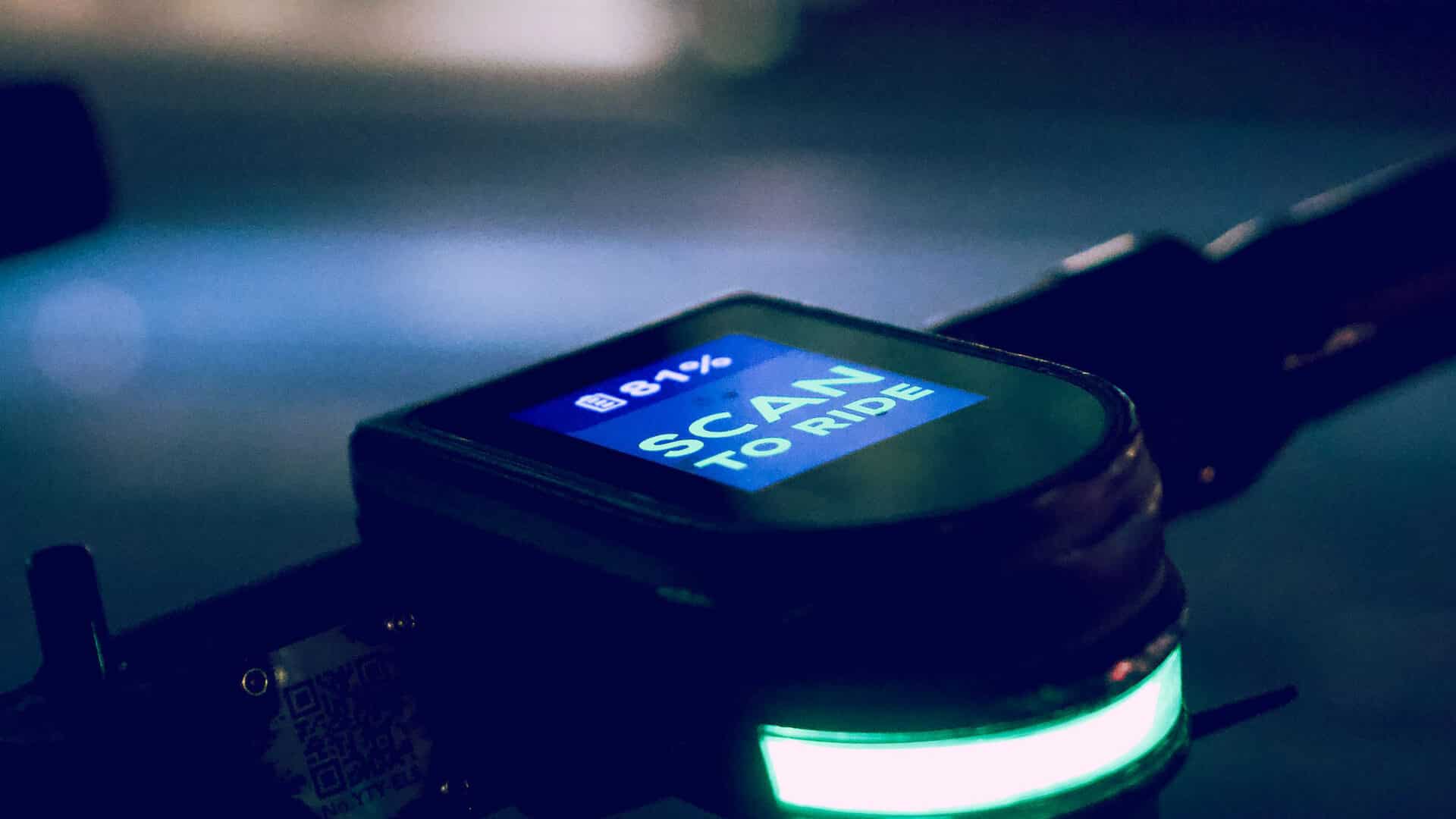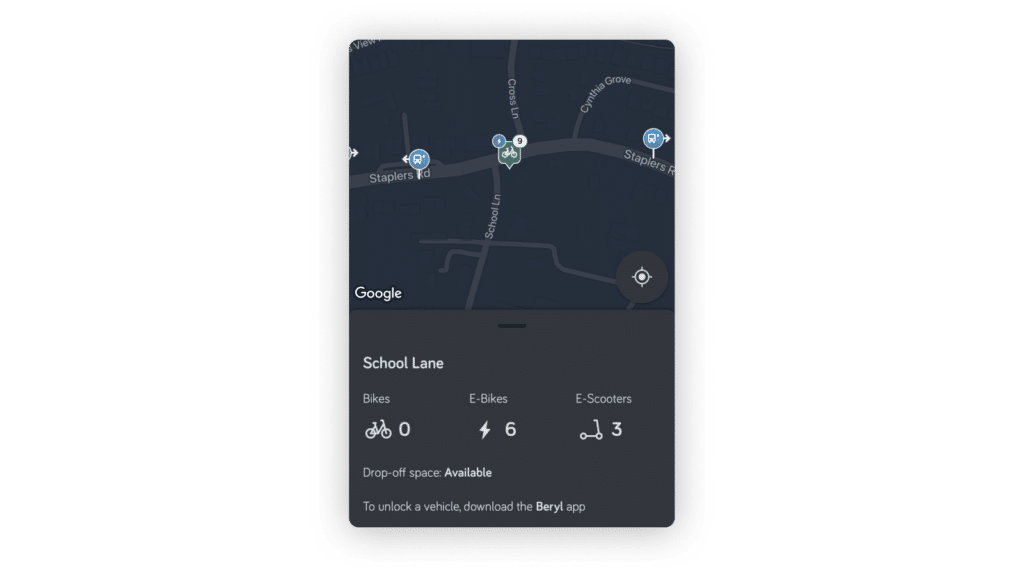Increasing women’s safety after dark with e-scooters
E-scooters have a role to play in increasing women’s safety after dark. When located near bus stops they can make the last leg of a bus journey feel safer by replacing the walk home.
21st Dec 2022


E-scooters have a role to play in increasing women’s safety after dark, according to the DfT evaluation of e-scooter trial zones, published last week.
As well as being broadly positive about the impact of e-scooters in encouraging modal shift away from private vehicles, the DfT evaluation of e-scooter trial zones highlights that female users felt safer after dark on e-scooters than walking.
"For users who took part in an in-depth interview, time and cost savings, convenience and enjoyment motivated them to use an e-scooter. A recurring motivation among female participants was that using an e-scooter was seen as safer than walking home at night in the dark."
National evaluation of e-scooter trials report, Department for Transport
Rental e-scooter trials were launched in July 2020 in 32 areas across England, with 14.5 million trips completed by December 2021.
The DfT commissioned an independent evaluation of the e-scooter trials from July 2020 to early 2022, examining how and why rental e-scooters are used, and by whom, as well as safety, mode shift, environmental and wider social impacts.
Working with bus operators across the e-scooter trial areas, Passenger has been working since 2019 to increase access to micromobility information for bus passengers. This area of work is designed to make it easier to discover onward journey options.
Passenger now integrates bikes, e-bikes and e-scooters with bus apps in Bournemouth, Cardiff, Cornwall, Isle of Wight, Manchester, Nottingham and Southampton – with Norwich launching soon.

The DfT trial evaluation highlights that e-scooters were mostly used for short journeys outside of the morning peak, with 90% of journeys taking place outside of 7-10am and the average distance travelled was 2.2km.
According to the analysis, the trial participants were most likely to have walked if an e-scooter had not been available for their journey.
A 2004 UK Department of Transport study, cited by author Caroline Criado Perez in her bestselling 2020 book Invisible Women, found stark differences in the perception of danger between men and women after dark. The study found three out of five women felt unsafe walking around multi-storey car parks, waiting on a railway station platform, and walking from a bus stop or station. Half of women surveyed felt unsafe waiting at a bus stop and walking to the bus stop. The figures for men surveyed were broadly at least half the percentages of women. A fifth of men felt unsafe walking to the bus stop and waiting at the bus stop.
Helen Connolly, Director of Customer Success at Passenger, and member of Women in Transport, comments, “Anything that makes us feel safer when travelling after dark has to be a good thing. Where e-scooters are available close to a bus stop, then not only is it possible to get home quicker after getting off the bus but also in a way that feels safer. If women feel safe travelling by public transport, and that includes every stage of the journey, then they’re far more likely to do it.”
Tags
Share this article

Newsletter
We care about protecting your data. Here’s our Privacy Policy.
Related news

Start your journey with Passenger
If you want to learn more, request a demo or talk to someone who can help you take the next step forwards, just drop us a line.